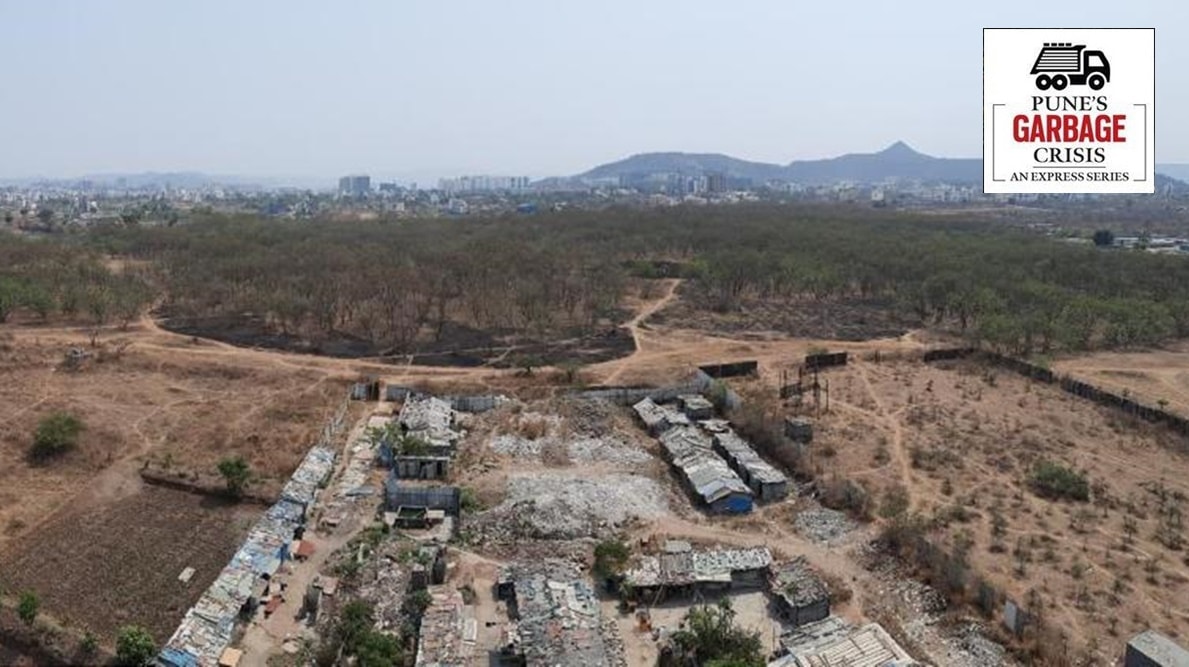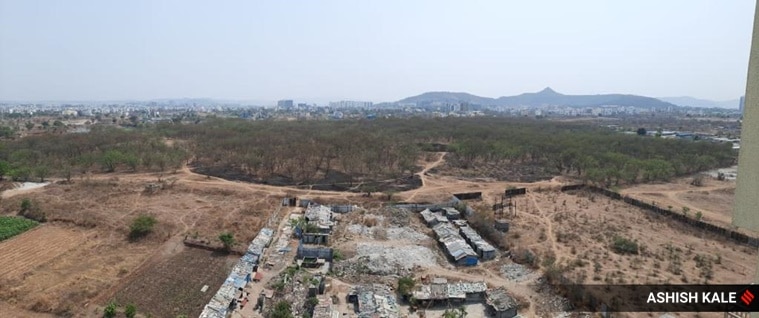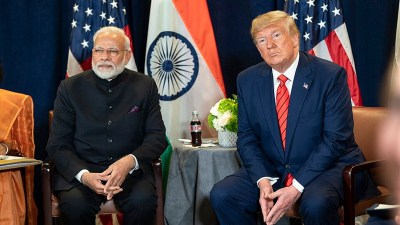Manoj Dattatrye More is a Senior Editor at The Indian Express, having been with the publication since 1992. Based in Pune, he is a veteran journalist with a 33-year career that spans editorial desk work, investigative reporting, and political analysis. Professional Legacy Experience: He spent his first 16 years on the editorial desk before moving into active field reporting. He has written over 20,000 stories, including more than 10,000 bylined articles. Impact Journalism: He is widely respected for "campaign-style" reporting that leads to tangible social change. Road Safety: His decade-long campaign regarding the dangerous state of the Pune-Mumbai highway in Khadki resulted in a ₹23 crore reconstruction project in 2006, which dramatically reduced fatalities. Environmental Protection: His reports against tree cutting on the Pune-Mumbai and Pune-Nashik highways saved approximately 2,000 trees. Anti-Corruption: During the COVID-19 pandemic, he exposed a scam where doctors were being asked to pay bribes for government jobs, resulting in them being hired without payment. Recent Notable Articles (Late 2025) Manoj More's recent work focuses heavily on the shifting political landscape of Maharashtra and civic governance in the Pimpri-Chinchwad area: 1. Political Shifts & Alliances "Ajit Pawar's NCP continues domination in Pune, wins 10 of 17 local bodies" (Dec 21, 2025): A major report on the local self-government election results, detailing the NCP’s stronghold in Baramati, Indapur, and Lonavala. "BJP ropes in 13 ex-corporators, deals major blow to NCP" (Dec 20, 2025): Reporting on a significant political defection in Pimpri-Chinchwad as the BJP gears up for civic polls. "Congress opts for solo BMC run as alliance talks with Sena (UBT) collapse" (Dec 17, 2025): Covering the breakdown of Maha Vikas Aghadi (MVA) talks for the Mumbai civic elections. "NCP(SP)'s Rahul Kalate, Sena (UBT) leader Sanjog Waghere set to join BJP" (Dec 19, 2025): Detailing high-profile party-hopping ahead of the municipal elections. 2. Civic & Administrative Accountability "PCMC draws ire for issuing tenders worth Rs 250 crore just before poll code" (Dec 17, 2025): An investigative piece on the Pimpri-Chinchwad Municipal Corporation’s last-minute spending spree before election restrictions. "93 killed in 76 accidents in five years: Bypass service roads in Pune remain undeveloped for 18 yrs" (Nov 16, 2025): A critical look at the long-delayed infrastructure projects contributing to fatalities on Pune’s bypass roads. 3. Social & Labor Issues "As state says TCS has laid off 376 employees: FITE flags figures, say nearly 2,500 were forced to quit" (Dec 11, 2025): Investigating conflicting reports regarding IT sector layoffs in Maharashtra. "Maharashtra govt move to 'downgrade' Aadhaar cards" (Nov 30, 2025): Reporting on the state’s decision to require additional documents alongside Aadhaar to combat identity misuse. Signature Beat Manoj More is the definitive voice on Pimpri-Chinchwad, an industrial hub he has covered for three decades. His reporting is characterized by its aggressive stance against local "gondaism" (thuggery) and a relentless focus on civic infrastructure—choked drains, garbage management, and public transport. X (Twitter): @manojmore91982 ... Read More
Click here to join Express Pune WhatsApp channel and get a curated list of our stories



 The proposed site for a dumpyard near Kate Wasti, Poonawale. (Express photo by Ashish Kale)
The proposed site for a dumpyard near Kate Wasti, Poonawale. (Express photo by Ashish Kale)





